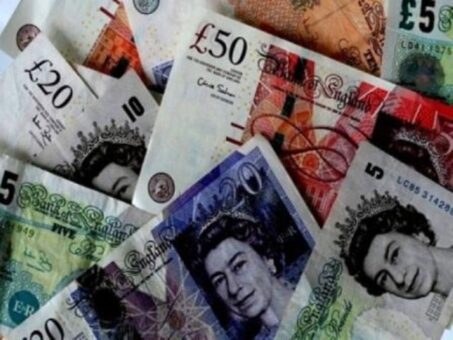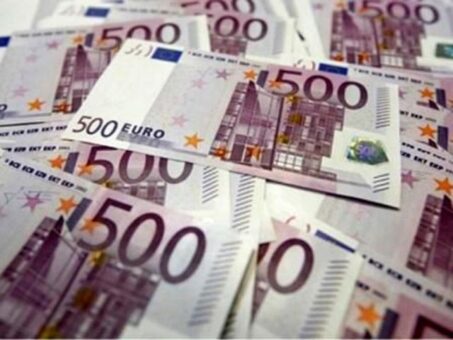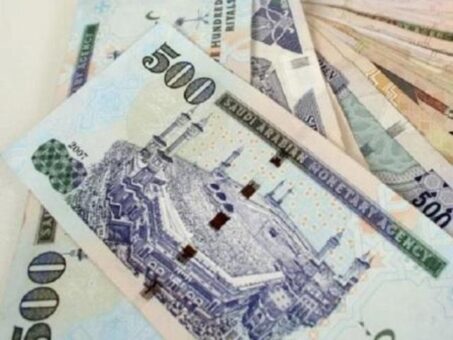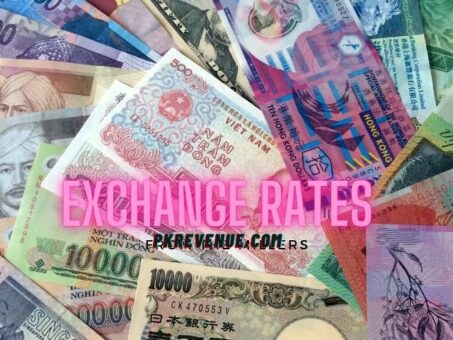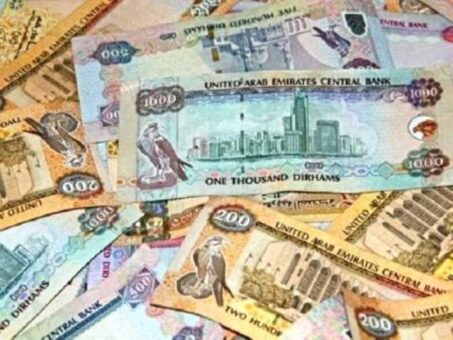KARACHI: Following are the rates of buying and selling of one UK Pound Sterling (GBP) in Pakistani Rupee (PKR) in the open market on July 01, 2022:
Buying: Rs 245.00 to the UK Pound Sterling
Selling: Rs 248.00 to the UK Pound Sterling
The buying rate means an exchange company or a bank buys foreign currency from a customer.
The selling rate means an exchange company or a bank sells the foreign currency from a customer.
The rate has been updated at 12:44 PM Pakistan Standard Time (PST).
The UK Pound Sterling /PKR parity depends on open market rates, they are set by the market forces based on foreign currency demand.
Disclaimer: Team PKRevenue.com provides the available rates of the open market, which are subject to change every hour. Team PKRevenue.com provides the available exchange rates at the time of posting the story. So the team is not responsible for any inaccuracy of the data.
READ MORE: Pakistani Rupee to UK Pound Sterling on June 30, 2022
